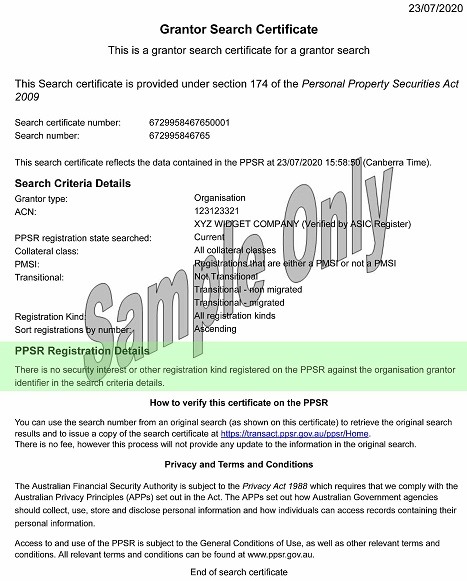How to Conduct a Stolen Boat VIN Check: A Comprehensive Guide
Boating can be a fun and relaxing activity, but it is not immune to theft. Every year, thousands of boats are stolen in the United States, with many of them being sold or used for criminal activities. If you are considering buying a used boat, it is important to conduct a stolen boat VIN check to ensure that the boat you are purchasing is not stolen property. In this article, we will provide a comprehensive guide on how to conduct a stolen boat VIN check.
What is a Stolen Boat VIN Check?
A stolen boat VIN check is a process that involves checking the boat's identification number (VIN) against a database of stolen boats.The VIN is a unique identification number that is assigned to each boat, similar to a car's license plate. By conducting a stolen boat VIN check, you can ensure that the boat you are purchasing is not stolen property.
How to Conduct a Stolen Boat VIN Check
There are several ways to conduct a stolen boat VIN check, including:
Check with the Coast Guard: The United States Coast Guard maintains a database of stolen boats, and you can search this database for free. To conduct a search, visit the Coast Guard's National Vessel Documentation Center website and enter the boat's VIN.
Use a third-party service: There are several third-party services that offer stolen boat VIN checks, such as BoatHistoryReport.com and Boatfax.com. These services charge a fee, but they provide a more comprehensive report that includes information on the boat's ownership history, accident history, and more.
Check with local law enforcement: You can also contact your local law enforcement agency to inquire about stolen boats in your area. They may be able to provide information on any stolen boats that have been reported in your area.
What Information is Included in a Stolen Boat VIN Check?
A stolen boat VIN check can provide a wealth of information on the boat's history, including:
Ownership history: The stolen boat VIN check will provide information on the boat's ownership history, including previous owners and any liens or loans that may be associated with the boat.
Accident history: The report will also provide information on any accidents that the boat has been involved in, including the extent of the damage and any repairs that were made.
Stolen status: The most important information provided by a stolen boat VIN check is whether the boat is listed as stolen in the database. If the boat is listed as stolen, you should immediately contact the authorities and report the boat.
Conclusion
Conducting a stolen boat VIN check is an essential step in the boat buying process. By checking the boat's VIN against a database of stolen boats, you can ensure that the boat you are purchasing is not stolen property. There are several ways to conduct a stolen boat VIN check, including checking with the Coast Guard, using a third-party service, and contacting your local law enforcement agency. The information provided in a stolen boat VIN check can help you make an informed decision when purchasing a used boat, and can potentially save you from buying a stolen boat.
.png)


Comments
Post a Comment